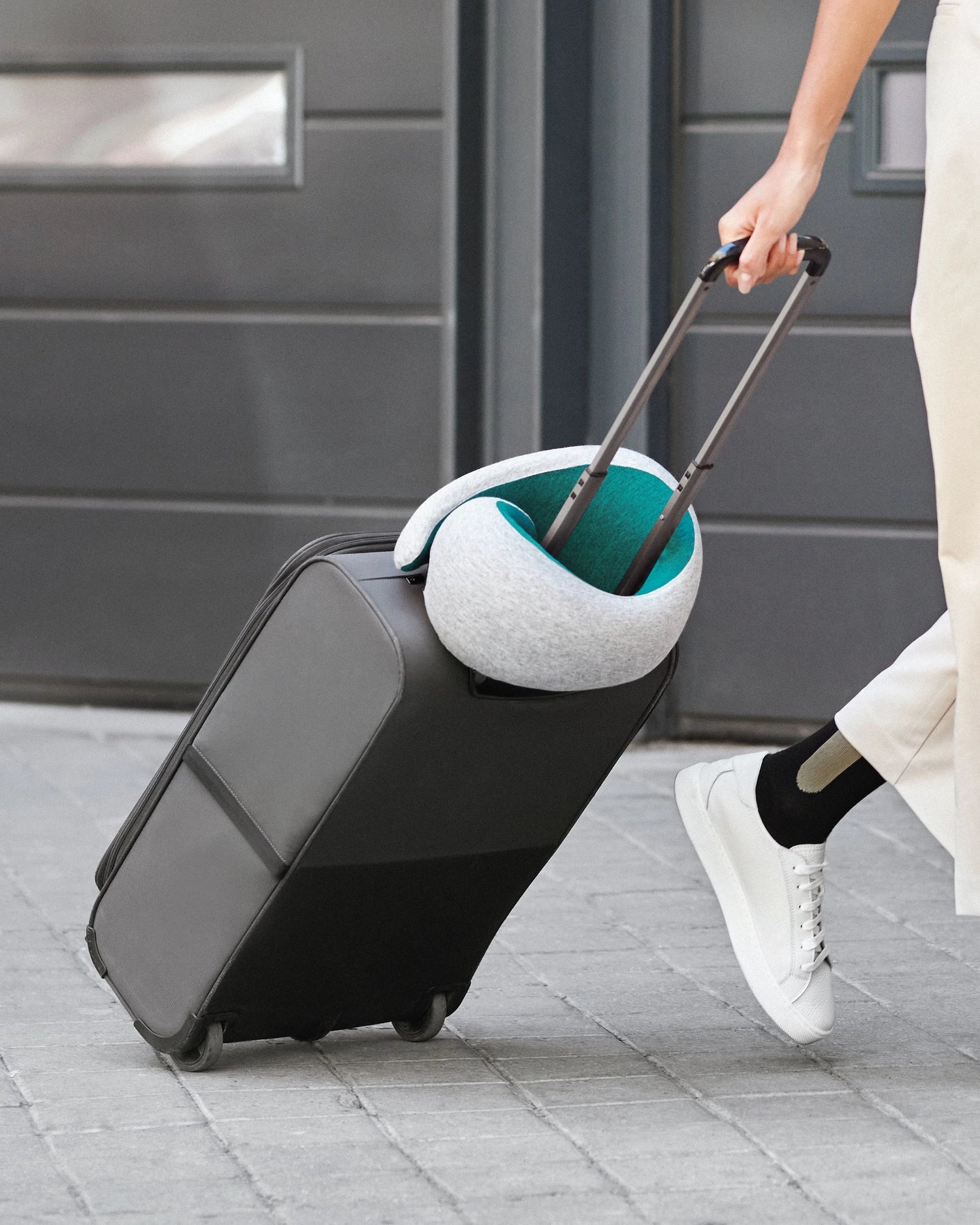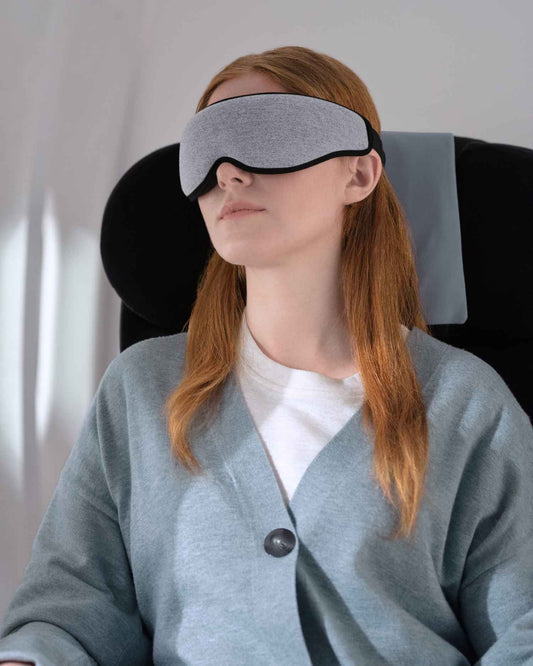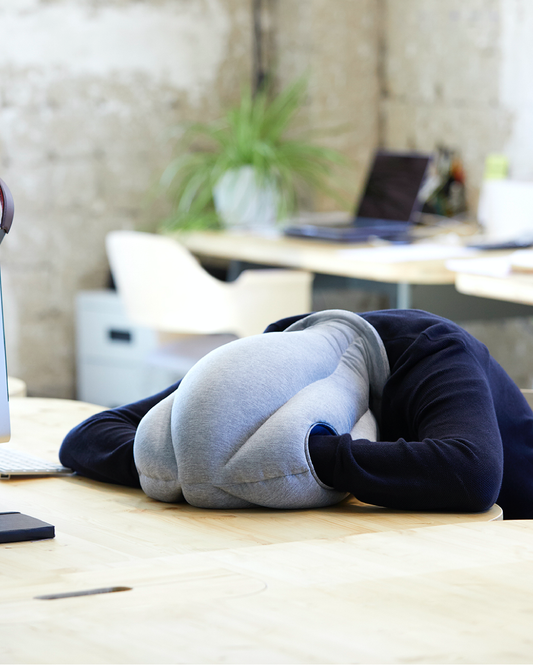
When unexpected noises turn the pleasant act of sleeping into a nightmare, a deep, intense and monotonous sound can be the solution.
Using white noise for sleep can sound like a contradiction. Noise, like a dog barking all night, a dripping faucet or constant traffic on the street is a trigger for night time awakenings for most people – some lucky ones can sleep even if there's a war on. So, why does white noise for sleeping work?.
What is white noise?
Before we start, it's best to clarify what white noise is. Technically speaking, white noise can be considered as noise whose amplitude is constant over the entire audible frequency range – comparable to white light, within which all colors are combined. In common language, white noise is a special type of sound that can mask any background noise. Think of something similar to what it sounds like when television and radio are static.
This type of noise can only be generated electronically, although many times other types of sound, like those produced by nature, are also included in this category – do you remember the CDs with whale noises that were so popular in the 90s? –, as well as those generated by machines such as washing machines or air conditioning units.
It is surprising to know that, in addition to white, there are other types of noises catalogued by colour that refer to different spectral densities: red, violet, brown... Among all of them, pink noise is also used sometimes for sleeping. Whereas white noise can sound like a hiss, pink noise is smoother and more soothing.
Calming white noise: how does it work?
We know what white noise is, but why does it help you sleep? Shouldn't it be even more disturbing? The answer may seem a bit silly: because white noise includes such a wide range of frequencies, all background noise is blended in and masked, causing your brain to stop listening and relax. It is technically known as sound masking.
This is why the use of white noise to sleep is usually advised only as a remedy for casual insomnia caused by occasional acoustic disturbances. If your bedroom is a quiet environment, white noise will not help, as it cannot mask anything.
People who use white noise to fall asleep often combine it with the use of sleep masks to block out any light interference and achieve a deep and restful sleep.
Best white noise for sleep
When it comes to sleep, every person is a world, so it's very difficult to establish a single recipe that works for everyone. Although there are some recommendations that work for most people.
The sounds of nature, for example, tend to cause minor sleep disturbances when they are not continuous. That is, the sound of rain falling or sea waves keeps its rhythm and tone constant, which is good, but the sound of forests or oceans, where the noises of different animals –with different frequencies– alternate, does not achieve the same effect.
Some recent studies seem to show that pink noise can reduce brain waves by helping you to sleep longer and deeper.
Luckily, there are now many apps that replicate a huge variety of these sounds so you can try out the one that's right for you. And there are also programmable white noise machines with options for every taste.
What about you? Have you tried white noise for sleep?
Want to keep dreaming?
At OSTRICHPILLOW we're all about travel, discovery, and the unexpected. Join our community of dreamers and you'll receive special offers and inspiration fresh to your inbox.
Photo by Marius Masalar on Unsplash





